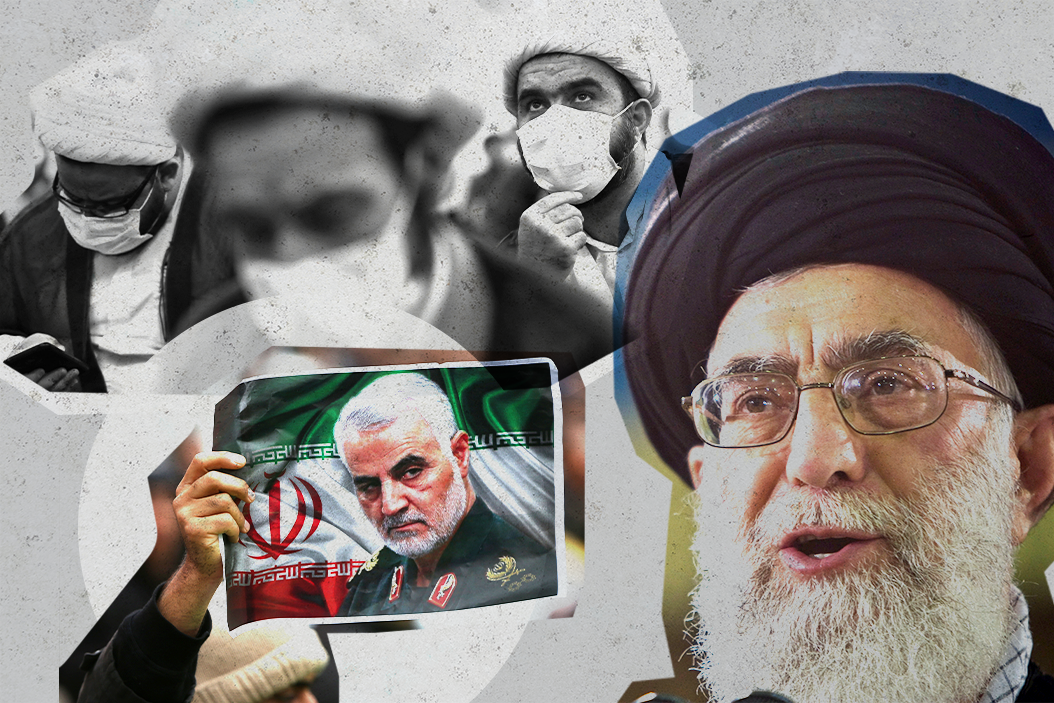January 04, 2021
Iran ups uranium enrichment: In its most flagrant violation to date of the 2015 nuclear deal, Iran confirmed that it had started enriching uranium to 20 percent purity at its Fordo facility. Under the deal, which the Trump administration abandoned in 2018, Tehran was only allowed to enrich uranium up to 3.67 percent purity (not enough to build a nuclear weapon) and was required to stop enrichment at its underground facility at Fordo altogether. Washington — and the Israelis — say this recent development reflects Iran's mendaciousness, but Tehran argues it's merely a response to the US going back on its word and imposing crippling economic sanctions in recent years that have squeezed the Iranian economy. Meanwhile, the Iranians have also engaged in bellicose activities in the volatile Strait of Hormuz, seizing a South Korean tanker that it says breached its maritime sovereignty. This week also marks one year since the US slaying of Iranian general Qassim Suleimani, an event that ratcheted up US-Iranian tensions — and one that Tehran has vowed to avenge in due time.
India's vaccine concerns: India on Sunday approved the Oxford-AstraZeneca coronavirus vaccine, as well as a vaccine developed locally by Bharat Biotech, a massive development for one of the hardest-hit countries in the world. While the government is hoping that this will mark the beginning of the country's pandemic recovery, there are still several (massive) hurdles to overcome. First, there is widespread doubt among the public about the local vaccine's efficacy and safety after the government gave the green light without releasing comprehensive data. Second, distributing vaccines to India's 1.3 billion people, many of whom live in rural areas with little access to public health facilities, will be a mammoth task. This is further complicated by the fact that both approved vaccines require two doses. Third, the rollout process has implications beyond the country's borders: India has pledged to provide 200 million doses to COVAX facility to ensure equitable distribution of vaccines, but now Delhi days it will do so only after it has inoculated a critical mass of its own citizens, which means other developing nations may not get the drugs for months. We're watching how this all plays out, and whether India leverages its power as the world's top manufacturer to hoard vaccines that scores of developing countries — including many of India's neighbors — are waiting for.
More For You
An employee works on the beverage production line to meet the Spring Festival market demand at Leyuan Health Technology (Huzhou) Co., Ltd. on January 27, 2026 in Huzhou, Zhejiang Province of China.
Photo by Wang Shucheng/VCG
For China, hitting its annual growth target is as much a political victory as an economic one. It is proof that Beijing can weather slowing global demand, a slumping housing sector, and mounting pressure from Washington.
Most Popular
Two Iranian motorcyclists stop in front of the burned East Tehran General Directorate of Tax Affairs headquarters in Tehran, Iran, on January 21, 2026.
Photo by Morteza Nikoubazl/NurPhoto
30,000: The estimated death toll in Iran during the protests at the start of the year, per local health officials, underscoring the scale of the Islamic Republic’s crackdown on its own citizens.
The World Health Organization (WHO) headquarters is seen in Geneva, Switzerland, January 28, 2025.
REUTERS/Denis Balibouse
Seventy-eight years after helping found the World Health Organization (WHO), the United States has formally withdrawn from the agency, following through on a pledge President Donald Trump made on his first day back in office.
Mastercard Economic Institute's Outlook 2026 explores the forces redefining global business. Tariffs, technology, and transformation define an adaptive economy for the year ahead. Expect moderate growth amid easing inflation, evolving fiscal policies, and rapid AI adoption, driving productivity. Digital transformation for SMEs and shifts in trade and consumer behavior will shape strategies worldwide. Stay ahead with insights to help navigate complexity and seize emerging opportunities. Learn more here.
© 2025 GZERO Media. All Rights Reserved | A Eurasia Group media company.
